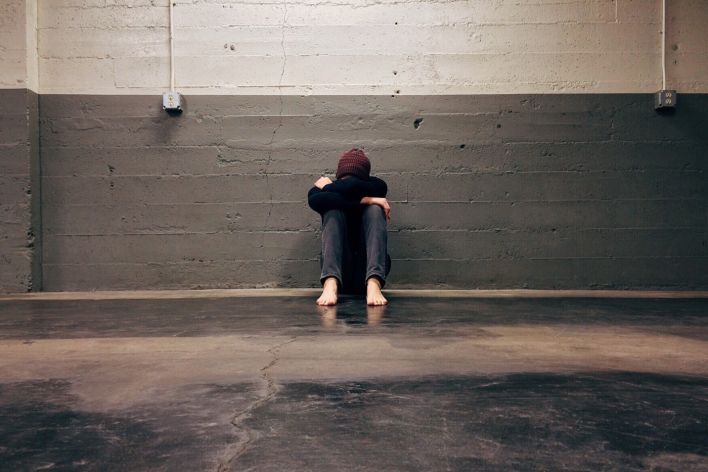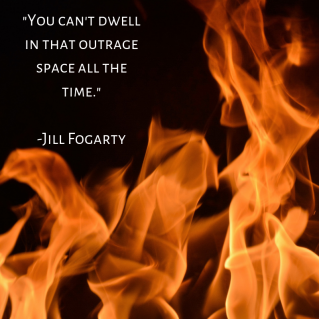.jpeg?token=889a09b905ebac9279c20ac5e56b4180)
Outrage: Don’t Dwell Too Long
Outrage motivates people do be brave and take on challenges they otherwise would not. It prepares us for confrontations of all types from big games to political elections to confronting bad behavior. It requires a lot of energy and is not meant to be sustained over long periods of time. What happens when we dwell in outrage? Let’s explore.
Rise then Crash

Sugar gives us a burst of energy and if we don’t eat some fat and protein we’ll crash a short time later. Outrage is sugar to our minds. Raw emotion and energy move our butts into action but it’s not sustainable. Empathy and mindfulness are the mental protein and fat that temper the effects of outrage and help us find common ground that will turn our raw energy into collaboration and productivity. Mindfulness and collaboration have more even energy and are sustainable once we get going. When we dwell in outrage, it’s like we’re on a diet of chips, candy, and ice cream-a big high and then a big crash over and over again. Each time this cycle begins, it requires more raw emotion and energy. Whew! I’m tired already.
Desensitized
When outrage sets up permanent residence in your life, you need more and more to feel anything. We struggle to recognize low-key emotions like contentment and the brain is all about Go Big or Go Home. Sugar has the same effect on the body where we need more and more to even feel normal and a TON more to get that rise in energy. Desensitization happens gradually so we don’t realize it until we’re exhausted or someone tells us. The cost can be brutal because continual outrage alienates others who don’t share the reaction and relationships suffer. Stress can become the norm and cause mental and physical health problems.
Going In Circles

Long-term outrage can become an unproductive pattern where meaningful action takes a back seat to a vicious cycle of complaining and finding things to complain about. Think sugar again. It becomes an addiction and the two steps are eating sugary food and finding more of it. Our brains love patterns but they don’t always serve us well. In the tech world, people often report issues as critically urgent, but when everything is critical then nothing is treated as urgent. High intensity, raw emotion is not sustainable and the cost is high. Take a hard look at your life and who’s in it. Are loved ones shying away? Are you surrounded by exhausting people? Do you feel content most of the time? You have the power to break the habit of dwelling in outrage-the choice is yours.
The post Outrage: Don’t Dwell Too Long appeared first on BridgetBaisch.com.
.png?token=6f0a4f516b1b47b81eed80f54ec6e708)